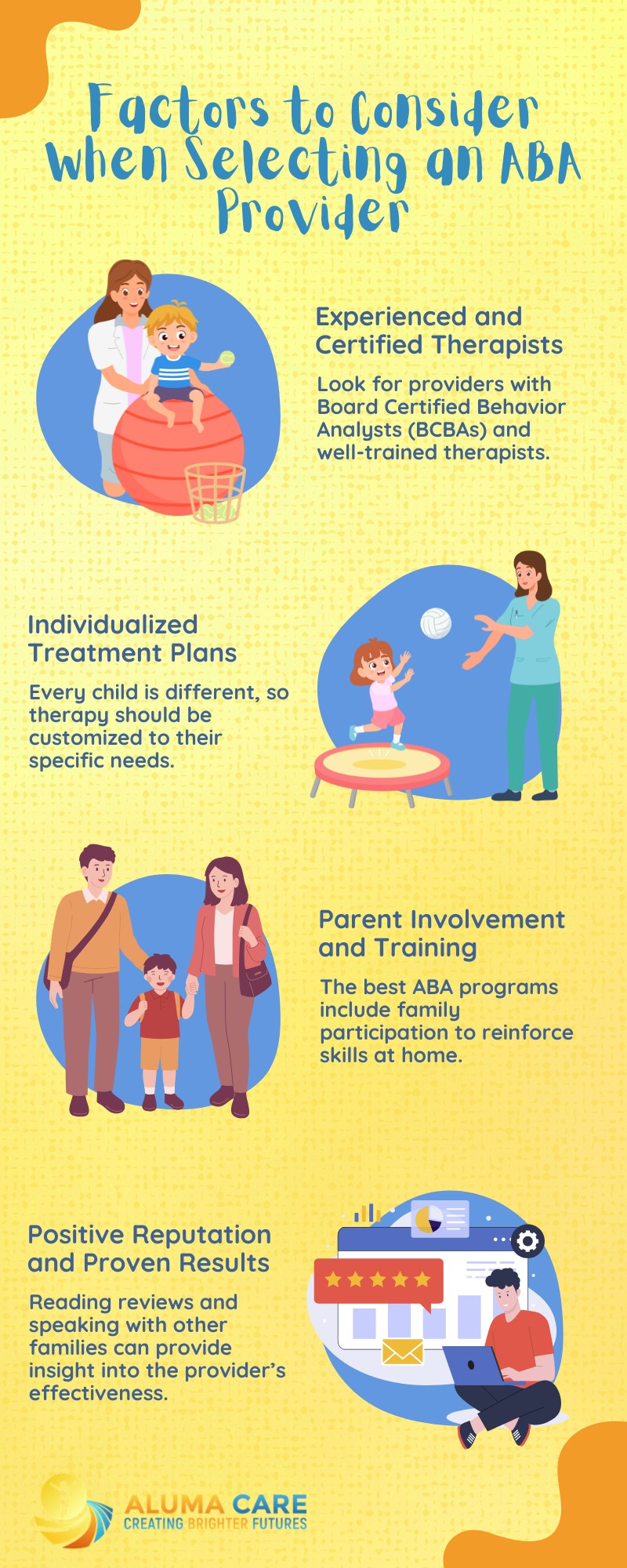Key Points:
- ABA therapy is a widely recognized and evidence-based treatment for autism, helping children build essential life skills.
- Families in Topeka, Kansas choose ABA therapy because of its structured, individualized approach that improves communication and behavior.
- Early intervention through ABA therapy increases independence and enhances the quality of life for children with autism.
Parents of children with autism want practical, effective ways to help them succeed. In Topeka, Applied Behavior Analysis (ABA) therapy has become a trusted approach, offering personalized strategies to improve communication, behavior, and life skills. With consistency and positive reinforcement, ABA therapy helps children gain independence, making a lasting difference in their development.

What Makes Applied Behavior Analysis (ABA) Therapy Effective?
ABA therapy is based on the principles of learning and behavior. It is tailored to each child’s unique needs, making it an effective intervention for various levels of autism spectrum disorder (ASD). Families in Topeka trust ABA therapy because it provides measurable progress and real-world improvements.
Here are the key benefits of ABA therapy:
- Improves Communication Skills: Many children with autism struggle with verbal and nonverbal communication. ABA therapy teaches children how to express their needs, understand social cues, and engage in meaningful conversations.
- Encourages Positive Behavior: Therapists use reinforcement techniques to promote desirable behaviors while discouraging harmful or disruptive actions.
- Increases Independence: From basic self-care tasks to complex problem-solving, ABA therapy helps children gain skills that lead to greater autonomy.
Every child with autism has unique strengths and challenges. The customized approach of ABA therapy ensures that each child receives the support they need to thrive.
How Does ABA Therapy Help with Social Skills?
Many children with autism face difficulties in social situations, whether it's making friends, understanding emotions, or following social rules. ABA therapy provides structured opportunities to practice these skills in a supportive environment.
Below are ways ABA therapy improves social skills:
- Teaches Turn-Taking and Sharing: Simple activities like playing games help children learn important social interactions.
- Encourages Eye Contact and Engagement: Some children with autism struggle with making eye contact or responding to their name. ABA therapy uses positive reinforcement to encourage engagement.
- Builds Conversation Skills: Through guided practice, children learn how to initiate and maintain conversations.
By focusing on practical, real-life interactions, ABA therapy helps children build confidence and improve their ability to connect with others.
Why Early Intervention Matters
Many parents in Topeka seek ABA therapy as soon as their child is diagnosed with autism because early intervention leads to better long-term outcomes. Research shows that children who start therapy before the age of five often experience more significant improvements in communication, learning, and adaptive behavior.
These are the impacts of early intervention:
- Enhances Brain Development: The early years of life are critical for cognitive and social growth.
- Reduces the Need for Intensive Support Later: Children who receive therapy early are more likely to develop skills that reduce dependency on long-term services.
- Improves School Readiness: ABA therapy helps prepare children for a structured learning environment, making transitions to school easier.
Even though early intervention is highly beneficial, ABA therapy is effective at any age. Families in Topeka choose ABA therapy because it provides lifelong benefits regardless of when it begins.
What Should Families Look for in an ABA Therapy Provider?
Choosing the right ABA therapy provider is crucial for ensuring the best outcomes. Parents should look for a provider with a strong track record of success and a team of qualified professionals.
Below are some factors to consider when selecting an ABA provider:

A quality ABA provider offers more than therapy sessions—it provides support, education, and guidance for the entire family.
How ABA Therapy Supports Families
Parents and caregivers play a critical role in a child’s progress. ABA therapy extends beyond one-on-one sessions with a therapist—it equips families with the tools they need to create a supportive home environment.
These are how ABA therapy helps families:
- Provides Clear Strategies for Managing Behavior: Parents learn how to reinforce positive behaviors and reduce problematic ones.
- Creates a Consistent Routine: ABA therapy helps establish structure, which benefits children with autism.
- Reduces Family Stress: When children develop skills to communicate and self-regulate, daily life becomes more manageable for the entire family.
Families in Topeka choose ABA therapy because it not only benefits children but also strengthens the support system around them.
Expert ABA Therapy in Kansas, New Hampshire, and Virginia
If you’re looking for compassionate and effective autism support, Aluma Care offers high-quality ABA therapy for families in Kansas, New Hampshire, and Virginia. Our tailored approach ensures that each child receives the support they need to thrive.
Why Choose ABA Therapy with Aluma Care?
- Personalized Programs: Each child’s treatment plan is designed to meet their unique needs.
- Experienced Therapists: Our team includes highly trained professionals dedicated to making a difference.
- Proven Results: ABA therapy is backed by decades of research, showing long-term benefits in communication, social skills, and independence.
ABA therapy provides life-changing support for children with autism and their families. If you're ready to explore ABA therapy, contact Aluma Care today to learn more about our services in Kansas, New Hampshire, and Virginia.








.svg)

.svg)
.svg)